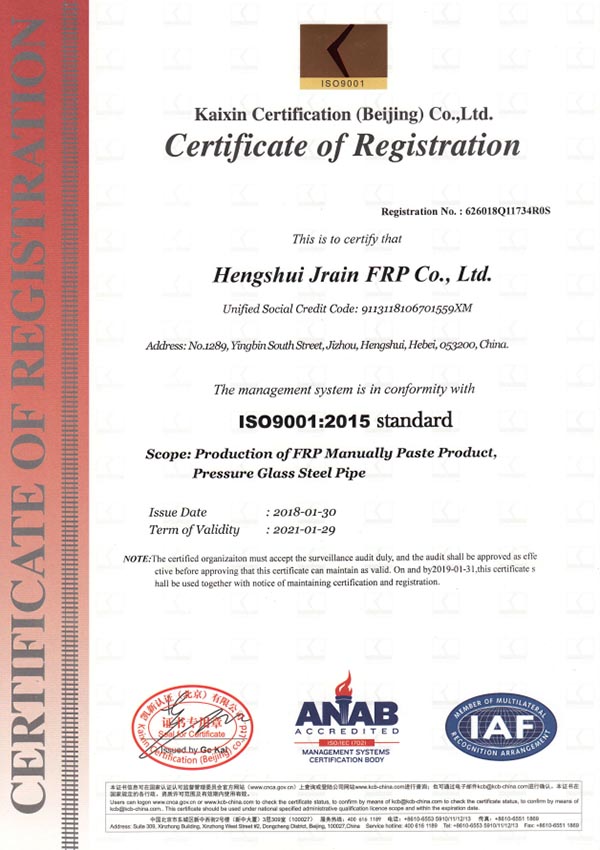
-
 Afrikaans
Afrikaans -
 Albanian
Albanian -
 Amharic
Amharic -
 Arabic
Arabic -
 Armenian
Armenian -
 Azerbaijani
Azerbaijani -
 Basque
Basque -
 Belarusian
Belarusian -
 Bengali
Bengali -
 Bosnian
Bosnian -
 Bulgarian
Bulgarian -
 Catalan
Catalan -
 Cebuano
Cebuano -
 China
China -
 China (Taiwan)
China (Taiwan) -
 Corsican
Corsican -
 Croatian
Croatian -
 Czech
Czech -
 Danish
Danish -
 Dutch
Dutch -
 English
English -
 Esperanto
Esperanto -
 Estonian
Estonian -
 Finnish
Finnish -
 French
French -
 Frisian
Frisian -
 Galician
Galician -
 Georgian
Georgian -
 German
German -
 Greek
Greek -
 Gujarati
Gujarati -
 Haitian Creole
Haitian Creole -
 hausa
hausa -
 hawaiian
hawaiian -
 Hebrew
Hebrew -
 Hindi
Hindi -
 Miao
Miao -
 Hungarian
Hungarian -
 Icelandic
Icelandic -
 igbo
igbo -
 Indonesian
Indonesian -
 irish
irish -
 Italian
Italian -
 Japanese
Japanese -
 Javanese
Javanese -
 Kannada
Kannada -
 kazakh
kazakh -
 Khmer
Khmer -
 Rwandese
Rwandese -
 Korean
Korean -
 Kurdish
Kurdish -
 Kyrgyz
Kyrgyz -
 Lao
Lao -
 Latin
Latin -
 Latvian
Latvian -
 Lithuanian
Lithuanian -
 Luxembourgish
Luxembourgish -
 Macedonian
Macedonian -
 Malgashi
Malgashi -
 Malay
Malay -
 Malayalam
Malayalam -
 Maltese
Maltese -
 Maori
Maori -
 Marathi
Marathi -
 Mongolian
Mongolian -
 Myanmar
Myanmar -
 Nepali
Nepali -
 Norwegian
Norwegian -
 Norwegian
Norwegian -
 Occitan
Occitan -
 Pashto
Pashto -
 Persian
Persian -
 Polish
Polish -
 Portuguese
Portuguese -
 Punjabi
Punjabi -
 Romanian
Romanian -
 Russian
Russian -
 Samoan
Samoan -
 Scottish Gaelic
Scottish Gaelic -
 Serbian
Serbian -
 Sesotho
Sesotho -
 Shona
Shona -
 Sindhi
Sindhi -
 Sinhala
Sinhala -
 Slovak
Slovak -
 Slovenian
Slovenian -
 Somali
Somali -
 Spanish
Spanish -
 Sundanese
Sundanese -
 Swahili
Swahili -
 Swedish
Swedish -
 Tagalog
Tagalog -
 Tajik
Tajik -
 Tamil
Tamil -
 Tatar
Tatar -
 Telugu
Telugu -
 Thai
Thai -
 Turkish
Turkish -
 Turkmen
Turkmen -
 Ukrainian
Ukrainian -
 Urdu
Urdu -
 Uighur
Uighur -
 Uzbek
Uzbek -
 Vietnamese
Vietnamese -
 Welsh
Welsh -
 Bantu
Bantu -
 Yiddish
Yiddish -
 Yoruba
Yoruba -
 Zulu
Zulu
Understanding FRP Flange Applications and Benefits in Modern Engineering Systems
Understanding FRP Flanges A Modern Solution for Engineering Challenges
Fiber Reinforced Polymer (FRP) flanges are becoming increasingly popular in various industries, thanks to their unique properties that blend strength, lightweight characteristics, and resistance to corrosion. As organizations strive for efficiency and longevity in infrastructure, understanding the advantages and applications of FRP flanges becomes essential.
What are FRP Flanges?
FRP flanges are components used to connect two sections of pipes or other structural elements. They are made by combining a polymer matrix with fiber reinforcements—usually glass, carbon, or aramid fibers. This combination results in a lightweight material that exhibits remarkable strength and durability. FRP flanges are often recognized for their excellent resistance to chemical and environmental degradation, making them particularly useful in industries that face harsh operational conditions.
Key Advantages of FRP Flanges
1. Corrosion Resistance One of the most notable benefits of FRP flanges is their resistance to corrosion. Unlike traditional metal flanges, FRP flanges do not rust or corrode when exposed to chemicals, humidity, and UV rays. This quality makes them an ideal choice for applications in chemical processing plants, wastewater treatment facilities, and marine environments.
2. Lightweight The lightweight nature of FRP flanges makes them easier to handle and install compared to conventional metal alternatives. This can lead to reduced labor costs and improved safety during installation, especially in overhead or difficult-to-reach applications.
3. Durability and Strength Despite their lightweight design, FRP flanges provide excellent mechanical strength and can withstand significant pressure and temperature variations. They are often engineered to meet or exceed the performance standards required for high-stress applications.
4. Thermal Insulation FRP materials tend to have good thermal insulation properties. This can be particularly advantageous in plumbing systems where temperature control is essential, as they help maintain the temperature of the medium being transported.
5. Customizability FRP flanges can be tailored to meet specific design requirements, including various shapes, sizes, and chemical formulations. This flexibility allows engineers to create solutions that fit precisely into their systems without compromising performance.
frp flange

Applications of FRP Flanges
FRP flanges find applications across a range of industries
- Chemical Industry In environments where pipelines carry corrosive substances, FRP flanges offer a reliable connection solution, reducing the risk of leaks or failures caused by material degradation.
- Water Treatment Facilities These flanges are commonly used in water treatment plants, where exposure to chlorinated and other harsh chemicals necessitates materials that can withstand extreme conditions.
- Marine Engineering In shipbuilding and offshore structures, FRP components, including flanges, help reduce the overall weight of the vessel while providing excellent resistance to seawater corrosion.
- Oil and Gas FRP flanges can be utilized in biofuels and natural gas applications, where they resist the harsh chemical reactions that can occur during extraction and processing.
- Construction In building projects, FRP flanges may be employed in lightweight structures, inner walls, and decorative aspects, contributing to both strength and aesthetic appeal.
Conclusion
The growing interest in sustainable engineering practices and the development of advanced materials aligns well with the features of FRP flanges. By incorporating these modern solutions, industries can enhance efficiency, extend the lifespan of their systems, and reduce maintenance costs. As technology advances and the demand for innovative materials increases, FRP flanges are poised to play a crucial role in the future of engineering, offering a versatile and effective alternative to traditional materials.
In summary, understanding and utilizing FRP flanges can bring significant benefits to various industries, paving the way for more resilient and efficient infrastructure.
Latest news
-
Exploring the Benefits of Top Hammer Drifter Rods for Enhanced Drilling PerformanceNewsJun.10,2025
-
High-Precision Fiberglass Winding Machine for GRP/FRP Pipe Production – Reliable & Efficient SolutionsNewsJun.10,2025
-
FRP Pipes & Fittings for Shipbuilding - Corrosion-Resistant & LightweightNewsJun.09,2025
-
Premium FRP Flooring Solutions Durable & Slip-ResistantNewsJun.09,2025
-
Premium Fiberglass Rectangular Tanks Durable & Lightweight SolutionNewsJun.09,2025
-
Tapered Drill String Design Guide Durable Performance & UsesNewsJun.09,2025









